3 Financial Mistakes I Made
Personal Finance mistakes are not just consequences of insufficient knowledge or experience, they’re also part of human nature. We continuously miss out on opportunities or remain ignorant to factors that may improve our financial situation, but also overspend led by emotions, compulsions, or subscriptions.
This post is about the missed opportunities and potential gains due to lack of knowledge or inexperience. Many people, especially those who are not on a path to FIRE, will find themselves doing these mistakes and not being aware of it, as some of them are not intuitive or obvious right away. However, acknowledging their existence can set you years ahead, not only on your FIRE journey, but also in life. So, let’s start!
Mistake 1) Hoarding cash

This may come unexpectedly to many, especially to those who know that I’m a big advocate of reducing expenses, aggressive saving, and frugal living. And it’s true, I can confidently say that those three should be high on everyone’s priority list, regardless of lifestyle or FIRE aspirations.
However, the thing I’m trying to convey comes after reducing expenses and saving. It’s about what we do with those savings. Not doing anything, AKA hoarding, is a trap in which many disciplined and smart, but financially illiterate people fall into without realizing. And in the capitalist society you can safely interpret that as “not reaching your potential”.
You should feel the urgency to put your money to work! In most cases, not having any risk exposure is detrimental. The only exceptions are with people preparing for a biggish purchase (i.e. a house) or people older than 50 that can save enough to buy themselves a few years of early retirement before the traditional one comes.
Increasing the number on your bank account will only leave you with a pile of cash that won’t improve your life much more than a 2 year emergency fund would. Think about it! You save a portion of your salary each month and you’re really getting into it. A few years later, you end up with a non-negligible amount being slowly eroded by inflation, year by year, not earning you a cent. Even worse, at the same time it’s too small to make any significant difference in your life, such as allowing you to stop exchanging your time for money.
Don’t get me wrong, compliments on the discipline if you can consistently spend less than you earn! I said it before and I’ll say it again, there is no other contributor to peace of mind such as financial security, usually in the form of an emergency fund. But sometimes it’s just too much! Too much cash losing value over time… And you feel that something is wrong… I sure did!
The reality is: it’s either you or them – either end up working for money forever or put your money to work for you – always through carefully allocated investments based on your goals and risk tolerance.
Mistake 2) Not missing out on side-income
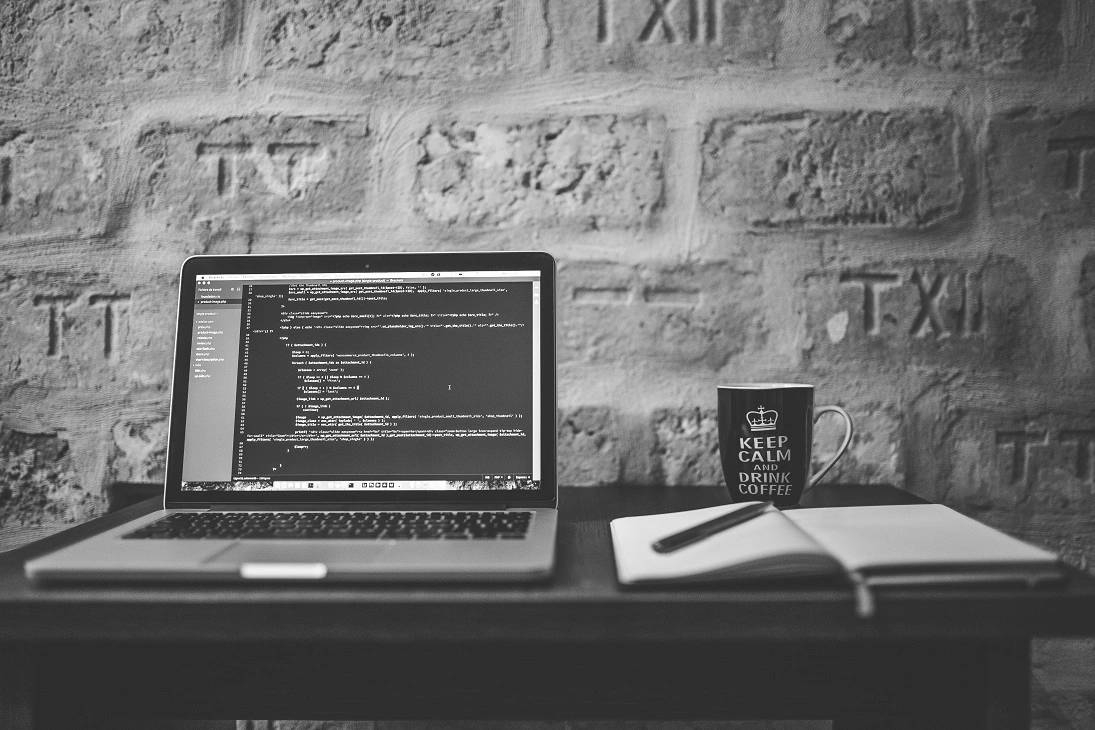
Yes, you read it right and yes, it’s a mistake! But again, not an obvious one.
Basically, my frugal lifestyle, which I had adopted even before I knew that FIRE is possible, was making me focus on earning more and spending less. So I was trying to profit out of any situation I found myself into, I immersed into the deep topics of “making money” with random people, and occasionally, worked on and delivered projects and got paid for it.
The bad part about having a variety of side gigs is that it limits growth. These things are more counter-intuitive as we go along, aren’t they? 🙂 But indeed, the more diverse the fields, the harder it is to maximize your earning potential – a high paying accounting job will almost always be filled by someone who has a proven record of being in the field, even with less experience than someone who works in sales, but regularly helps friends and family with their tax returns as a side gig each year.
Even in my case, where most, but not all, of my side income was from software engineering, I learned that one time payments leave you with more work to do in order to continue earning. And a paycheck doesn’t mean anything if it’s not consistent. I would never hop onto any side gig that would require trading time for money ever again, because the end result, in the best case, will be one-time receivable of a two to five digit number denominated in euros. I used to miss it, but now I can clearly think of a more consistent and easy to maintain income stream while exchanging my time for a paycheck – it’s called a job. And if your side gig involves working for people, I’d highly recommend considering employment, as the fulfillment you’re probably after comes from working on your own projects, not from freelancing/contracting for a temporary boss.
Some may get caught up on the amount assumed for the one-time receivable: “c’mon, Monk, $10k is not something you would throw away!”.
I asked you in the first point and I’ll ask you again: think about it for a second. That amount can’t significantly impact your life and, as a bonus, you’ll get it anyhow from your salary (it will take you 2-5 months anyway, just without converting your spare time into a job). To be perfectly fair, I’m not saying that it’s a bad idea to earn more if your finances are not in check, but as I mentioned earlier, these are mistakes that come after earning and saving.
One thing to remember: earning more will not make you retire earlier. Proper money management will.
And if you value your time, please don’t be like me and force yourself to create multiple passive income streams at once. It leads to burnout, unfinished projects, chaos, and income that ends up generating quite a lot of activity for being passive.
Let the side projects come naturally, never try to force them just for the sake of money. Working on MonkWealth brings me much more fulfillment than any of the websites I built for thousands of euros.
In summary and straight to the point: the only real passive income stream is having your money in index funds or ETFs. And until you’re there, even as a FIRE obsessed individual, get a job – it’s the easiest way to make money. Just to be perfectly clear – disregard if you’re the entrepreneurial type. I’m talking about side income, not any income that’s not a salary.
Mistake 3) Not moving to a developed country earlier

I stayed in an undeveloped country way too long relative to the time I knew that I didn’t want to work until traditional retirement.
With low salaries and purchase power, high interest rates and unemployment, corruption, no investment opportunities, and unpredictable FX rates and inflation, there is almost no way to reach financial independence in my country starting from scratch. Although I’m talking about myself, the same, or extremely similar, circumstances stand for any developing country.
But let me take a step back and talk about those income streams I mentioned in point 2. Although I had a few “relatively passive” streams set up, I still had to do advertising, “growth hacking”, respond to messages (i.e. deal with “clients”), forward the products to buyers, maintain a somewhat brittle connection between a few systems, and much much more. But that was the easier part…
The hardest part was getting the money. That turned out to be a unique problem for each platform because the most common way of getting paid, PayPal, didn’t work with the country I’m from. And I’m only mentioning PayPal, but none of the well-known payment processors and gateways were an option, so it wasn’t rare to find myself opening accounts on shady platforms or using services and people as a proxy so I can somehow get my money.
Now I’m in The Netherlands. Not the place with the highest salaries and far from a tax haven, but the purchase power difference is insane! I currently invest way more than I could ever earn through employment in my home-country. I also earn more in a month than the average annual salary in my country.
Oh, and when I want to sell or offer something online, I just click a button.
Needless to say, I’m not trying to brag or make someone feel bad about his circumstances, but exactly the opposite. This is not about me. Most of us were not dealt a good hand and these are the conditions we have to play under. If I sparked your interest by showing you how different the things are, it’s a big step forward for both of us!
Let’s end this on a positive note: geographic arbitrage. Use it to retire early in a LCOL country and make your money last waaaay longer than they would in other countries.
We’re all in this together!
Conclusion
It’s hard to detect that you’re making a mistake when in the process of making it. Things are easy in hindsight. That’s why I did’t compile a list of self-explanatory personal finance mistakes, but put only 3 that are not that obvious. And of course, this is not a complete list, but I’d expect all my readers to know that gambling, lending money, drinking, smoking, getting in consumer debt, investing in things we don’t understand, etc. should all be avoided and are not MonkWealth approved.
Financial intelligence is the biggest step towards freedom and sharing the impediments we faced can make acquiring it a lot easier. What are the biggest financial mistakes you did? Can you see that I’m still doing some? Let me know in the comments below or by contacting me on my contact page.
The road to FIRE is not an easy one.






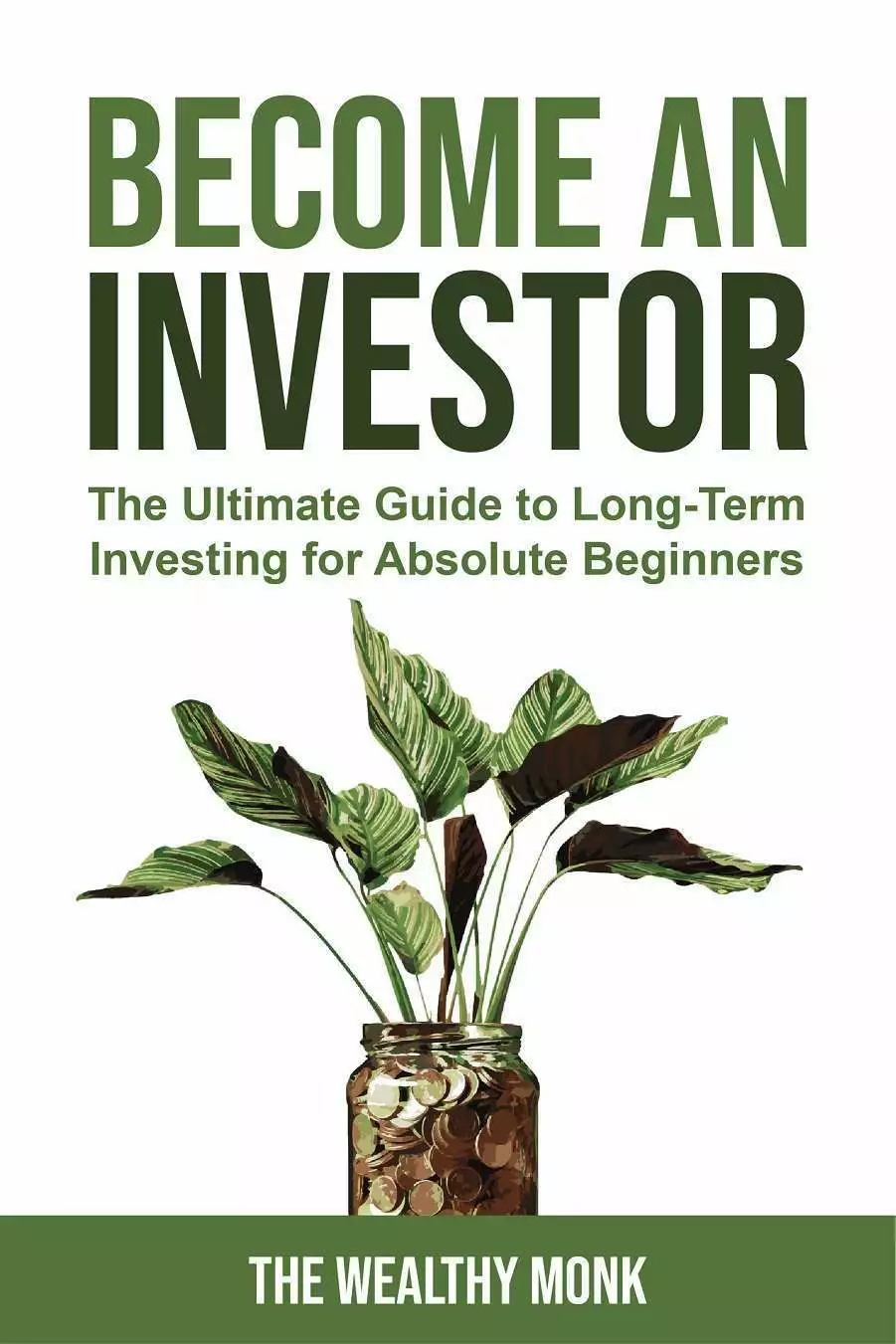






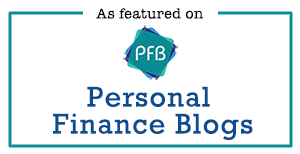

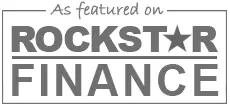

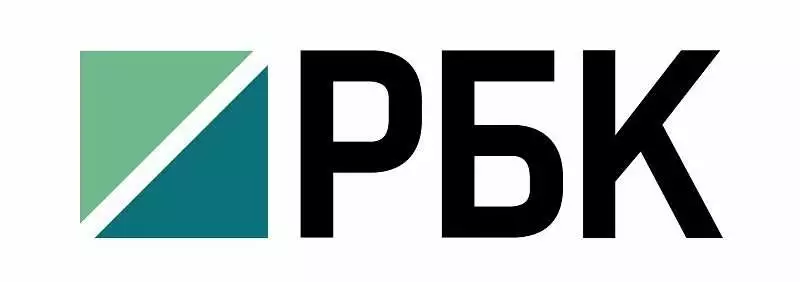

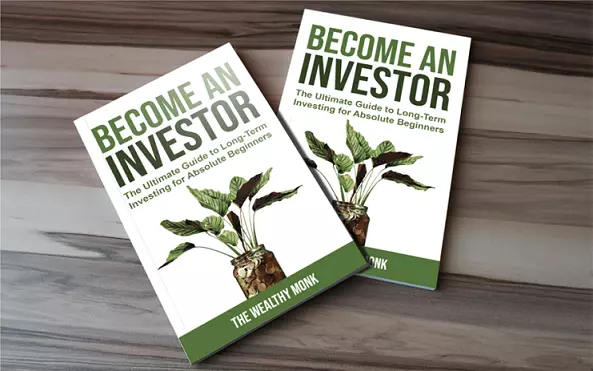
Comments: 6
Hello, ended up on your blog from a Twitter post. The third mistake caught specially my attention. I think most people wouldn’t take it as a mistake but as a bad luck. From my opinion it is upon us to change the course of our lifes, if that means moving abroad to archive wealth and financial freedom, then do it! The experience along the way and the person you become is just worth a try.
I have definitely made so many mistakes in the world of investing, but I rather make them by myself and learn from it, instead of paying someone else, who will also make mistakes ans learns.
I love connecting with foreigners living in other countries, I’ll make sure to stick around your blog 😉
PD: great writing style
Welcome Tony!
Yes, the third one is pretty intriguing, as it’s not a choice unlike the other two. And indeed, I say it in the text as well: some didn’t get the best hand. It’s up to the person to play out the round.
Agreeing with your approach as well – I also prefer to do my mistakes myself instead of paying someone else to learn. 🙂
I’ll also check out your blog and glad you liked the writing style.
Monk,
I´ve been reading and following your blog for the last weeks and you are really helping me equilibrate my life.
This particular post, and especially the #3 caught my attention in a greater way. I´m originally from Argentina and currently living in Portugal. I know i´m in a better place, but still not sure if any other european country would work better for me.
Thanks for sharing your knowledge and experiences!
Hi Gabriel,
Thanks for following MonkWealth and your comment. #3 is best understood by people who went through the process themselves and I might add that you already did a major step in that context.
Now for your question, as you may expect, the answer is not black or white. It would depend on indefinite number of interconnected factors that it’s impossible to simplify without knowing more. But the facts are as follows: your earning potential and purchase power would increase. Your quality of life may initially decrease until you settle and adapt, but might be worth it in the long run. There are cultural, professional, and legal conditions that may be better or worse for a person, depending on preferences, attitude, and expectations. It’s simply too much to quantify.
Another thing that I personally see value in is residence status. For example, if you’re living there for 6 years already, might be worth it to get EU citizenship and then freely make moves with a solid back-up plan (don’t know the exact procedure for Portugal, so take this with grain of salt). If you just moved, of course, it’s a different scenario.
I know it’s a high-level answer, but hope I gave some insights on how to approach it.
Cheers!
I’m from a developing country and was reading this with interest till I got to No. 3 which is essentially “tough luck if you’re from Africa or other economically emerging regions”, LOL. While there are definitely more challenges here, achieving financial independence is not impossible, nor is it dependent on being corrupt. I hate the single-story lens through which most of the world views Africa in particular. I look forward to coming back here in a few years and sharing my story of achieving FIRE despite being from a (gasp!!) developing country 🙂
Thanks for the comment CorrsFan.
I absolutely don’t think that! 🙂 I’m also from a developing country and am quite far on my FIRE journey. Also, I agree that corruption is almost irrelevant after a certain point.
That being said, the difference in purchase power is a fact. If earning from traditional employment, a single salary can net the equivalent of a year’s work elsewhere (of course, varies per country). That allows leveraging geo-arbitrage and speeding up the process significantly.
And of course, if you have non-traditional income streams, I think the best place to go is as far as possible from the world of tax slavery and overregulation – also known as the “first world”. At the end, the actual goal is freedom.
Looking forward to hear from you in a few years.
Good luck!